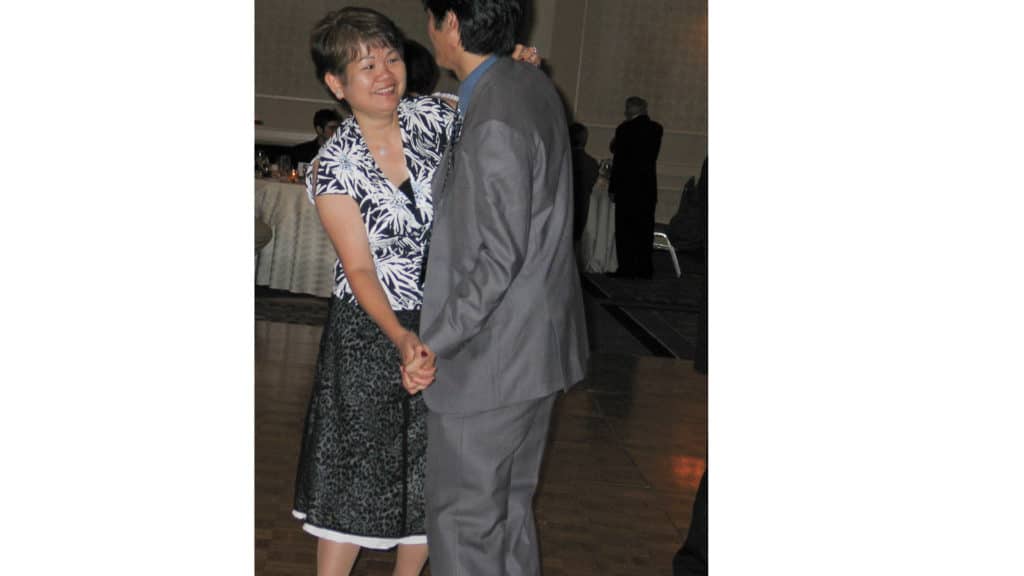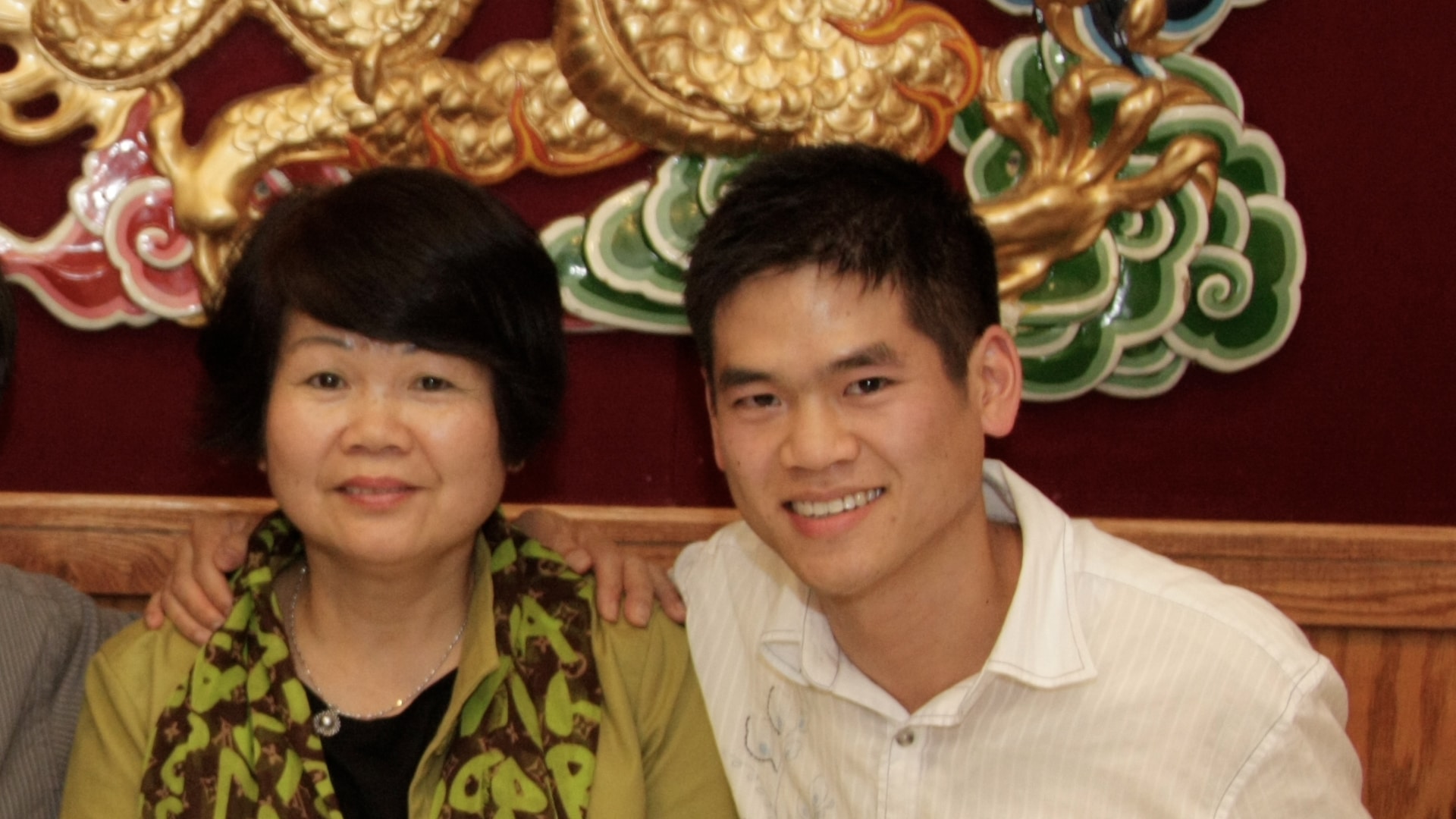My mom never said much of her past. But then in 2008 we lived together in Hong Kong. I asked her to tell me stories, and she finally did.
She was the youngest of six in her family, and grew up poor in the rural countryside of Zhongshan, China. They ate whatever they could get their hands on. They’d catch frogs in the fields, and have them for dinner. Her older brothers gave the leg bones to her — they resembled mini chicken wings — she’d link them together into necklaces. She beamed with a childish smile telling me this story in our living room, as if her six year old self had travelled forward in time to recount this to her youngest son.
I told her this was for a project. That’s why I’m asking so many questions. I suspected she knew this was a false pretense. I’d just dropped out of my PhD program and came to live with her in Hong Kong. I continued working on my master’s thesis, which had nothing to do with family history. What kind of “project” could I have been working on that would require knowledge of my mom’s past? This was the question I thought she’d ask. But I was wrong. She wasn’t defensive. Was it because we were in Hong Kong? Close to where her childhood happened? Was it the smell of fresh fish in the street markets that brought old memories back? Maybe it was the sound of Cantonese chatter on the trains and buses, or the vitriol a passerby shouts in a spat of pedestrian rage? Or was it the sauna-like humidity of the South China Sea? Oppressive heat and a drip of sweat running down your brow is enough to remind one of their childhood steeped in poverty.
She told me about Qing Ming (tomb sweeping festival) when she was little. Her family would wake before dawn and trudge miles up mountains to clean old family graves, carrying food and paper offerings to burn and send to them in the afterlife. Unlike in the US, graves in China are not cared for by anyone but one’s descendents. You bring paint to touch up tombstone names, gardening tools to remove weed overgrowth, and fireworks to scare off malignant spirits.
“I wasn’t allowed to go. Girls weren’t allowed back then in my village. But one year I got so angry, I threw a tantrum, and they finally let me go.” Apparently girls of Zhongshan now have my mom to thank for being allowed to go on Qing Ming outings.
My mom cooked most nights. But sometimes she and I went out to eat. We found a restaurant in San Po Kong, a neighborhood not far from the now defunct Kai Tak airport. She lived there as a teenager, crammed into a tenement with other high school dropouts like herself, so that she could work at a local wig factory. We walked around the neighborhood after dinner. Newly poured concrete paths weaved between old buildings; the paint fading off their concrete walls. “I think it’s that one,” my mom said, pointing to a residential building in front of us. “Or at least, that’s where it used to be.”
One night we were eating dinner in our 11th floor flat dining room. Outside our window was Victoria Harbor and Hong Kong’s iconic skyline. I shoveled pickled plum and black bean sauce spare ribs into my mouth. This is the dish I miss most of hers.
“When are you planning to go back to America?” she asked me. We’d lived together for almost five months at this point.
“I don’t know. When are you planning to go back? I’ll go when you go.”
“The doctors said I was okay to return home three months after my surgery, as long as the cancer didn’t come back,” my mom said. “You know that. I’m still here in Hong Kong because I’m keeping you company.”
I stopped chewing and looked up from my rice bowl. “Wait, hold on. Did you say that you are keeping me company?” The reason I came to Hong Kong was to take care of her. Soon after I arrived, I realized she didn’t need me. She was perfectly strong enough to take care of herself. Still, my dad travelled for his consulting work more often than not, and I didn’t want her to be alone.
“No, that’s not how it is,” I said. “I’m here because I’m keeping you company! I don’t want you to be here all alone!”
“Well, I don’t want you to be here all alone, that’s why I am still here!”
We looked at each other, trying to keep straight faces, but as soon as I saw the slightest betrayal of a smile, I cracked up laughing, and so did she.
We returned home to America a month after that conversation, at the start of summer. After dinner each night, my mom, dad, and I would watch the Chinese edition of BBC’s Planet Earth, or the Beijing Olympics.
But at the end of summer, the doctors said she had another tumor. She would fly back to Hong Kong for surgery again. But this time I wouldn’t be going with them.
In the airport terminal I hugged my mom. She held back tears as she said, “it’s too bad you won’t be there this time to keep me company.”
“It’s too bad I won’t be there for you to keep me company,” I said, choking back my tears and a growing lump in my throat.
We said our goodbyes. She stepped across to the other side, and flew — back to the soil she came from. I couldn’t follow her to where she was going.

This blog is published with permission from Felix Poon


